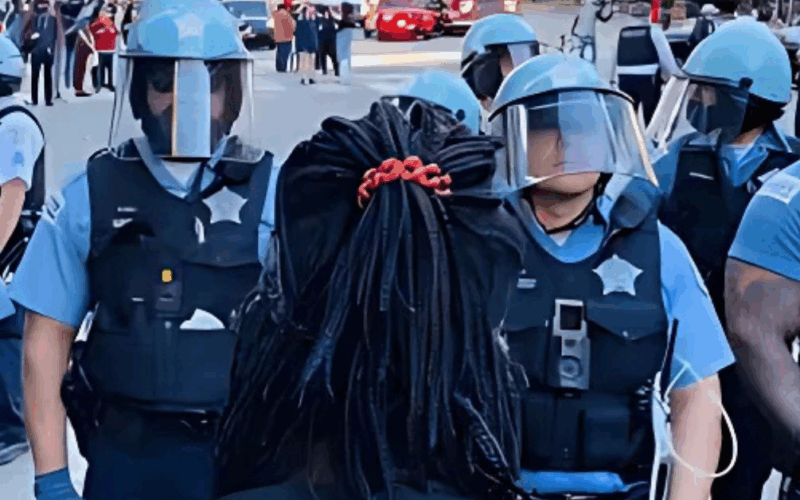The 2020 protests and unrest following major national events led to heightened scrutiny of police conduct across many cities. In Chicago, the Chicago Police Department (CPD) faced numerous accusations of misconduct during these turbulent times. The financial impact of these accusations, including settlements and legal defense costs, has become a significant concern for city officials and taxpayers alike.
Recent analysis reveals that the total cost to settle and defend lawsuits against CPD officers for alleged misconduct during the 2020 unrest has surpassed $10.8 million. This figure highlights not only the scale of the claims but also raises important questions about police accountability, community trust, and the future of law enforcement policies in urban America.
Background of the 2020 Unrest and CPD’s Role
In 2020, protests erupted across the United States after the killing of George Floyd, drawing attention to systemic issues within policing. Chicago, one of the largest cities in the country, experienced significant demonstrations. During these protests, several CPD officers were accused of using excessive force, unlawful arrests, and other forms of misconduct. These events sparked multiple lawsuits against the department, aiming to hold officers accountable and seek justice for affected individuals.
The Chicago Sun-Times reports that these lawsuits span a range of allegations, from physical violence during arrests to violations of constitutional rights. This wave of legal actions reflects the heightened tensions between the community and law enforcement during that period.
Financial Impact on Chicago’s City Budget
The cost of defending and settling these lawsuits has placed a heavy burden on Chicago’s budget. According to an analysis by the Better Government Association, the city has spent over $10.8 million so far, covering legal fees, settlements, and other related expenses associated with cases linked to the 2020 unrest. This large expenditure emphasizes the significant monetary consequences of police misconduct allegations.
City officials face a delicate balance: investing resources in addressing community concerns and reform, while also managing financial pressures. The ongoing legal expenses underline the necessity for more effective training, improved police oversight, and better community relations to prevent such costly disputes in the future.
Public Reaction and Calls for Police Reform
These financial revelations come amid growing public demands for police reform. Many residents, especially younger people, are calling for increased transparency and accountability from law enforcement agencies. The high cost of lawsuits is seen by some as evidence that current policing practices require urgent change to restore trust and ensure the protection of citizens’ rights.
The Harvard Law Review highlights that cities nationwide are grappling with similar challenges, recognizing that long-term solutions need to focus on community engagement and systemic reform rather than costly litigation.
Looking Ahead: Reducing Costs and Improving Community Relations
To reduce future expenses related to police misconduct claims, several measures are being considered. These include enhanced police training programs emphasizing de-escalation, the use of body cameras, and the establishment of independent review boards to investigate complaints. Efforts to build stronger relationships between the CPD and Chicago’s communities are also underway.
By investing in such reforms now, the city hopes to not only lower legal costs but also improve safety and mutual respect between police officers and residents. This approach may serve as a model for other cities facing similar issues, helping to create a more just and accountable law enforcement system.




